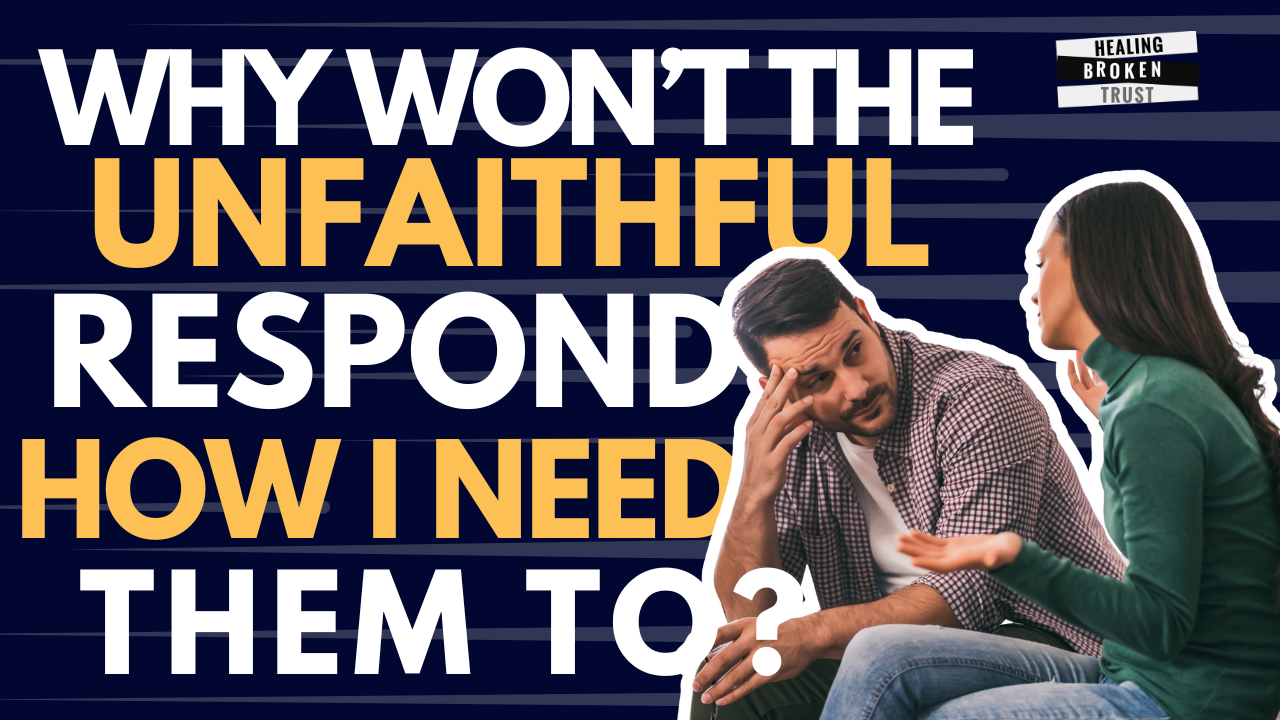Understanding Emotional Shutdown After an Affair: Why does my partner freeze, shut down, or say the wrong thing when I’m falling apart?
In this episode we break down the hidden pain points many unfaithful partners carry after an affair—not to excuse what happened, but to name what’s going on inside. The shame that says, “I am bad,” the fear of losing everything, and the panic of not knowing how to respond when your spouse is devastated.
We also cover the feeling that nothing you do is ever enough, the heavy weight of guilt and moral injury, and why many people withdraw or avoid because the conversations feel unbearable.
Why Unfaithful Partners Shut Down After an Affair
We have 11 different things to cover today.

